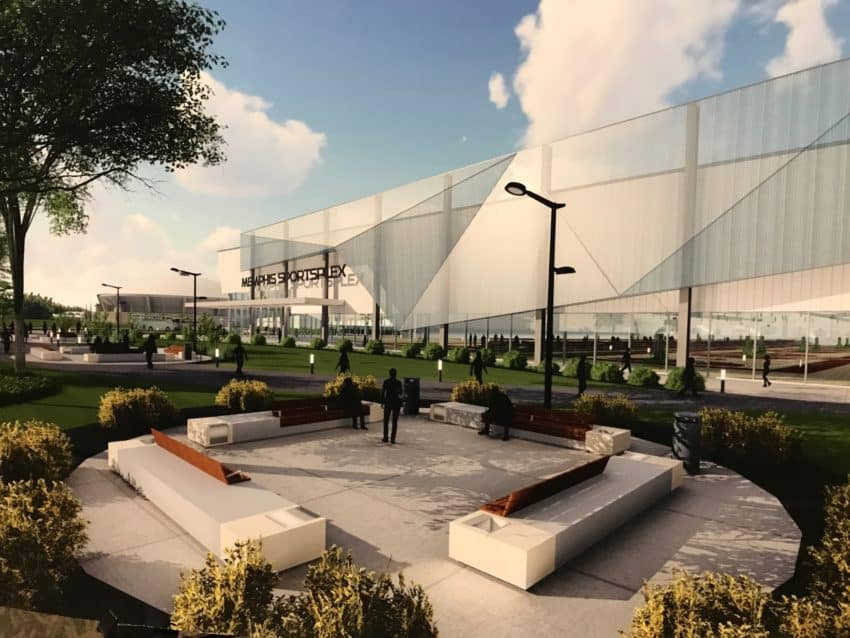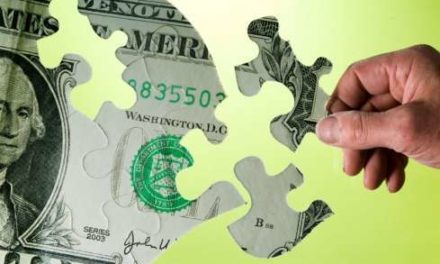It’s difficult, taking into account the shapeshifting that now transforms the Memphis persona for about half of each year, to remember how improbable it looked in 2001 that the Grizzlies would ever come here.
There was the push by Heidi Shafer, self-described stay-at-home mom and now Shelby County commissioner, to force a referendum on the $250 million bond issue to pay for Pyramid upgrades so the team could play there for three years and for construction of a new arena.
There was the lawsuit by local attorney Duncan Ragsdale — who famously described the litigation as almost as exciting as Vietnam — charging that the new arena was being built to benefit private business, and the ruling by Chancellor Walter Evans agreeing with him, until it was reversed by a scolding Tennessee Court of Appeals.
There were the narrowest of votes by Shelby County commissioners to keep the dream alive. Eventually, a scientific poll showing that a majority of the public supported the project and a University of Memphis report concluding that the team created new economic activity were the winning shots as the clock was running down.
But all of that was merely public theater compared to the weeks-long drama taking place in the boardroom of Storage USA. There, contentious negotiations were playing out between local government officials and the attorney for Grizzlies owner Michael Heisley. Although Heisley was anxious to move his team from Vancouver, Canada, he was doing his best to wring out everything he wanted by pitting Memphis against Louisville in the sweepstakes for his team.
Although it was clear that the Grizzlies could be a salve for the deep wounds to the civic ego caused by repeated National Football League rebuffs, negotiations were anything but a slam dunk. On three occasions, negotiators walked away from the table, and government officials packed up their briefcases and called it a loss.
Often overlooked today is that, ultimately, it was city and county governments that got the “W,” defying predictions that a small market city could ever get the unprecedented concessions it wanted from an NBA team: an agreement for it to pay all operating deficits for its new arena and to agree to stay for about 20 years (or to pay the rough equivalent of the balance on the bonds if the team broke the contract).
On the first day of negotiations, it looked like a deal was not to be. Each side laid out its positions, but after city and county negotiators outlined their “nonnegotiable deal breakers,” the Grizzlies representatives picked up their files, left the building, and flew out of the city. Eventually, with an intervention by Dean Jernigan, then president/CEO of Storage USA, the negotiators convened again and agreed to move through the list of easy-to-solve negotiation items.
After weeks of removing item after item from the checklist, it finally got down to the big contested issues again. City and county government refused to budge and the team insisted that it would never agree. This time, government negotiators packed up their files and went back to their offices.
Jernigan again mediated the conflict and got both sides back to the table, and eventually, despite all odds to the contrary, the Grizzlies accepted the two significant deal breakers of local government. In return for the team to pay operating losses, city and county governments agreed to the now infamous non-compete clause that gave the Grizzlies priority in booking concerts and other performances in Memphis.
At the time, the arena’s operating losses were estimated to be more than $5 million a year, and that’s about what Nashville was paying to keep its National Hockey League team. Local governments’ position was influenced by the lesson it learned when both The Pyramid and Mid-South Coliseum were kept open. Promoters, not taxpayers, benefited from lower rental rates as the facilities battled each other for business. Keeping three arenas with operating deficits looked even bleaker if there was no agreement for the Grizzlies to pay for arena operations: $2 million a year at The Pyramid, $1 million at the Coliseum, and $5 million at FedExForum.
To cap that off, no city had ever negotiated the long-term commitment that city and county were demanding, but Memphis got that too, dashing widespread rumors that Heisley planned to “flip” the team after being here only a few years.
After 14 years, every fan has a memory of their favorite wins by the Grizzlies, but negotiators believe the biggest wins were the ones earned before the team ever took the court.
This article appears in the June 2015 issue of Memphis Magazine
***
Join us at the Smart City Memphis Facebook page for daily articles, reports, and commentaries that are relevant to Memphis.





Thanks for the reminders on this epic deal – this town loves the team and it’s hard to think of anything in recent memory, aside from Tiger b-ball, bringing so many members of the City together in a unified spirit. I think the team has been great for city morale and that’s pretty huge in my mind since I think our low self esteem hinders us often in this town, and often prevents us from new thinking and from having big aspirations or thinking we are worthy of anything. I hope some of the Coliseum preservationists read this piece as I have been stunned and ired by their many comments that the “City should just renegotiate the Grizz contract” to get rid of the non-compete. It’s always said as if that is a simplistic thing but it’s worth remembering how much the team gave us in the negotiations. This article provides a much-needed perspective check – would saving an old asbestos-filled building really be worth losing all that we got when we got the Grizzlies? I think not.
A sports team does not make a city.
Much needed recorded history from one who was there. Thanks,Tom and the whole team who negotiated this deal. I wish you or someone would expand this to an oral history from all participants. It would contain valuable lessons for the future.
Yes.. we love our Grizzlies. …and, “the now infamous non-compete clause,” may have given the Grizzlies priority in booking, but not in exclusively.
A couple of years after the Grizzlies moved into Forum, a question came up about what the contract said, and the City of Memphis attorney (with no objection from Shelby County attorney) and the Grizzlies attorney agreed that it means exclusivity. Original intent could still be argued but with both sides agreeing, it gets problematic.